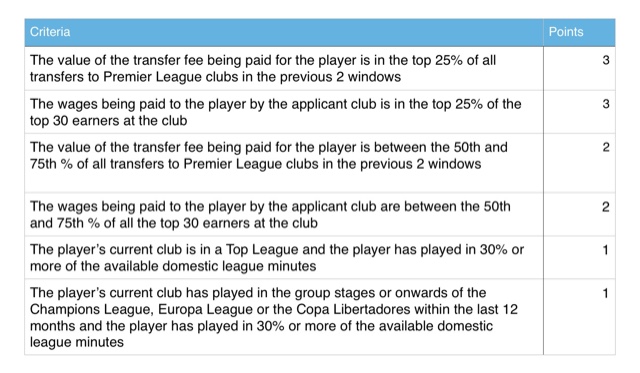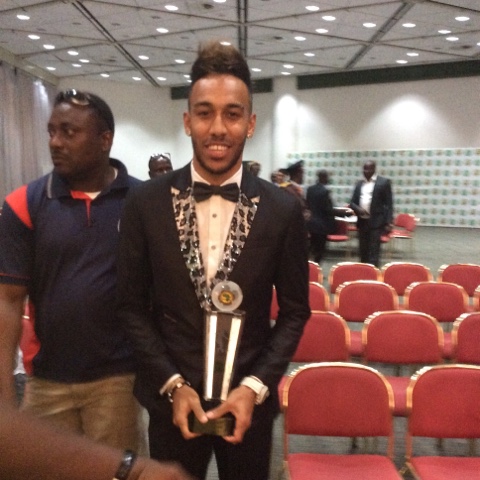So the Super Eagles bombed, badly, in their final group match against Madagascar. Old news. But one that will be talked about for a long time, especially if they do not beat Cameroon on Saturday and advance to the quarterfinals.
It was a bad time to lose, after a good start where they made two wins in two for the first time in 13 years. But all the talk since has been on the loss side, with most of the positives all but forgotten.
But there have been more than a few. Like how many players shone brightly in those games, even during that loss.
As we get ready to dive into the round of 16, let us take a look at the top five players who have excelled for Nigeria so far
KENNETH OMERUO
He played only those first two games, rested by Gernot Rohr for that flawed third, but by Jove, what a tournament he is having!
Actually, he started during the qualifiers. Omeruo has been imperious in defence, not only succeeding in breaking up the Oyibo Wall, but making himself just about the first choice in defence.
And he has proved that he deserves it. The Leganes man missed a header against Burundi that was as close a shave as anyone could get. And then he guided in a header against Guinea for his first ever international goal.
It is a sign of how his form has ticked up that he can afford to go that high up the pitch and also play the ball out of defense with confidence.
If he keeps up this form, there is no telling how far the Super Eagles can go.
OLA AINA
Who can forget that assist? My word!
The dejavu-inspired goosebumps it brought as it threw back to the goal scored by Ben Iroha in 1994, also from a similar backheel. This time, from Austin Okocha. Aina must have been preening.
This is shaping up to be the tournament of breakout defenders for the Super Eagles. Left out of the Nigeria World Cup squad, Aina must have been relieved when he was finally named on the Nations Cup roster.
But even he did not expect to start with Shehu Abdullah the regular right back and Jamilu Collins the regular on the opposite flank.
But it would appear that the former Chelsea man was just waiting for an opportunity to come. Come it did when Collins picked up an injury and Aina was thrown in, he absolutely killed it. He was a monstrosity in the first game, looked great in the second, and even in the train wreck that was the third, was one of three players who come out smelling of roses.
How Gernot Rohr will find a way to fit in Jamilu when he returns from injury is one headache the German will be happy to have.
SignUp with BestBet360 for great odds and super fast payouts!
SignUp with BestBet360 for great odds and super fast payouts!
OGHENEKARO ETEBO
Nigeria’s own Energizer Bunny keeps showing exactly why he is such a valuable asset to this national team. Etebo brings energy, dynamism and the lungs of a horse to the midfield. He can play as both an attacking midfielder and and a defensive midfielder. And the team’s transition and pressing game - when they do press - pivots around him and his lung-bursting abilities.
Against Guinea, his destructive coverage of Naby Keita was key to disrupting the Guineans rhythm and against Madagascar, he did the job of three people in the midfield for the better part of the game.
Hard to find a more industrious worker in that squad.
AHMED MUSA
Musa’s quality has never been in doubt, neither has his devotion to the cause of battle. And with Nigeria struggling against Madagsacar, the assistant captain led by example. He ran himself ragged, chased after balls, swapped wings and even dropped deep to pick up balls when service was not forthcoming. It is a shame his efforts did not result in a goal.
But his attitude is always spot on and he can always be found in and around the goal area, threatening with his pace and looking dangerous with his efforts from both inside and outside the box.
Although he is yet to score - Ighalo’s decision to go for goal rather than square the ball to him a factor there - Musa remains has shone and shown that he will continue to be a potential decider for Nigeria going forward.
WILFRED NDIDI
If Etebo is the Energizer Bunny, Ndidi is the street-fighter in that midfield. Between them, they shut out two teams. Without them, the Super eagles midfield looked every bit as strong as rotting tomatoes.
Ndidi lets nothing get by him, and this tournament, has been even more aggressive in his tackling and interceptions.
As if that was not enough he has found himself venturing into the opposition box to create shooting opportunities, like he did in turning on a dime inside the Madagascar box and shooting at goal. A few millimeters left or right of goal and that would have been 2-1 with more than a healthy few minutes to play, which would have given the Super Eagles a chance at clawing back a draw.
These are our top five Super Eagles players from the group phase. Is there anyone that deserves to be here that is not? Let us know.
Next up will be the top three players who can make a difference against Cameroon and maybe even further.
























